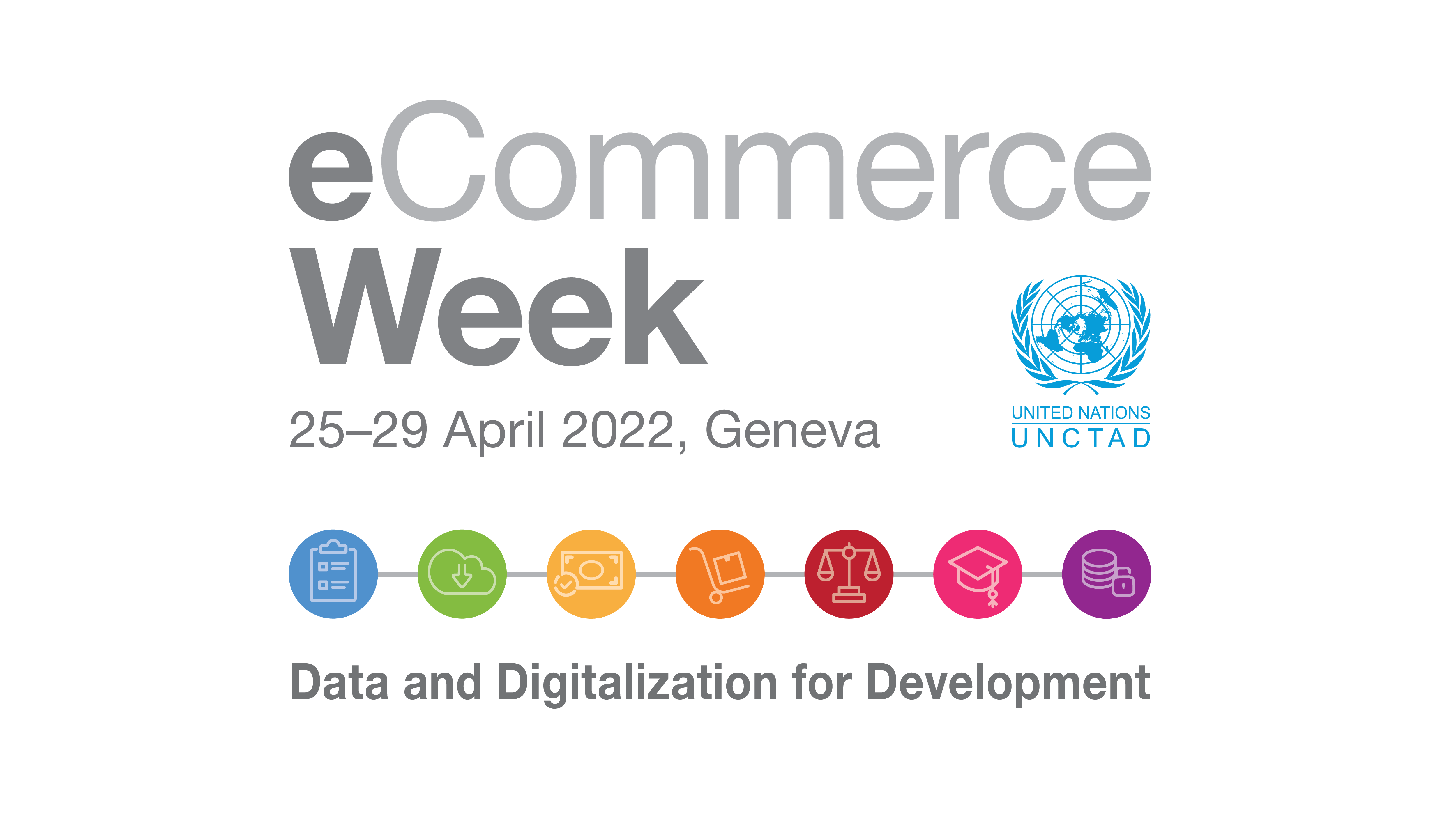The importance of data in cross-border payments in Africa
26 Apr 2022 14:00h - 15:00h
Event report
This session shed light on the recent initiatives on cross-border payments in Africa. Ms Karen Nadasen (CEO, Payu South Africa) opened the session and highlighted that, after the African Free Trade Area is signed, the implementation is the next critical hurdle. Nadasen gave the floor to Mr Stephan Alexander Bethe (Head of Division Trade, BMZ) for providing opening remarks. Bethe stressed that digital technologies had kept us and our economies running. In that sense, the pandemic had not just generated disruption but also unleashed a new spirit of creativity, and highlighted the power of e-commerce. For African countries to harness digital trade and e-commerce for development and increase their contributions to post-pandemic recovery, governments need to step their policies up in several domains to build a sound ecosystem for this type of trade. The pan-African e-commerce initiative aims to support improvements in the framework conditions for cross-border e-commerce and Africa. Since 2020, when the initiative was launched, a lot has been achieved. It helped the East African community in developing a regional e-commerce strategy, expected to be adopted in the near future. Emmanuel Khisa (Project Manager E-payment and E-commerce, Smart Africa) elaborated on the question of the role African Continental Free Trade Area (AfCFTA) will play in unlocking e-commerce in the African continent. According to Khisa, AfCFTA presents one of the most critical initiatives made by the leaders in the continent, in terms of bringing together 55 diverse countries into one single bloc, which will also be the largest trading bloc. There is a deliberate desire to force commerce, mainly e-commerce. We see the increase in intentional steps by the AfCFTA Secretariat to partner with ECOWAS, Smart Africa, and the pan-African payment system (PAPPS). During the pandemic, there was an explosion in mobile and cross-border payments, which aligns with the overall objectives of AfCFTA. There is a great deal of excitement within the AfCFTA Secretariat. In his view, AfCFTA presents an interesting opportunity and exciting future for 800 million young people who are mobile-fast, with e-commerce playing a critical role. John Bosco Sebabi (Deputy Chief Executive Officer, PAPSS) explained how Afreximbank’s new pan-African payment system (PAPPS) works and why it is essential for the implementation of the AfCFTA. He underlined that, with the advent of AfCFTA, the payment system has come to the forefront. Several pillars underpin the implementation of the AfCFTA; the most vital one is the PAPPS, which encompasses the whole payment process, and makes sure that payments are made instantly and in local currencies. Accordingly, PAPPS is a powerful instrument for implementing AfCFTA. Khisa spoke about digital identity and its role in unlocking e-commerce. In 2017, the Economic Commission for Africa (ECA) and the World Bank published a report stating that 500 million people, globally, do not have an identity, and that the majority of them are from the African continent. He explained that whenever you go to online platforms, there is a need to have some kind of identity. Smart Africa produced a blueprint for digital identity. One of its recommendations was to look at the whole area of harmonising all digital IDs across the continent. Smart Africa Trust Alliance is a continental exchange through which ID information is shared, whether it is national or mobile identity, with the objective of having seamless sharing of identity regardless of borders. By Kristina Hojstricova
Related topics
Related event

